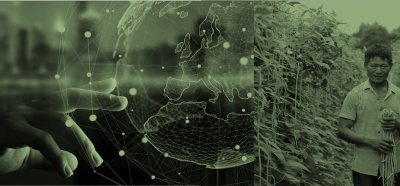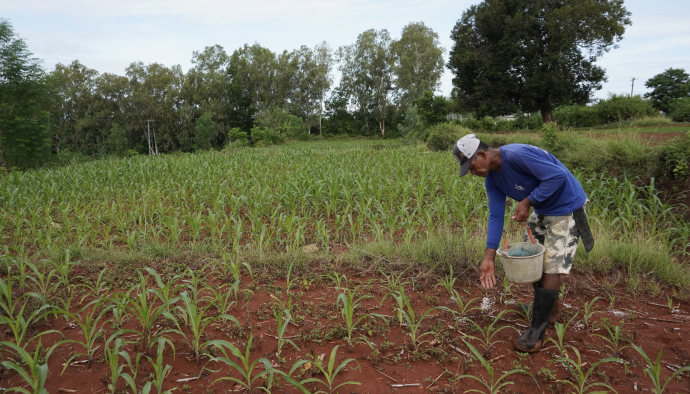East Asia and Pacific


July 9, 2019; Mumbai (INDIA): The Global Index Insurance Facility (GIIF) and Sankalp Forum by Intellecap, announced the winners of Agriculture Insuretech Innovation Challenge at the Agri Insuretech Forum that took place at the Taj Mahal Hotel in Mumbai. GIIF invited participants from leading insurance companies, government officials from the Ministry of Agriculture, impact investors, and innovators incubators from the agriculture, technology, and insurance sectors. The platform held key panel discussions on bringing together the Agri-insuretech ecosystem stakeholders such as innovators
The linkage between agriculture and climate change is undeniable. Any change in the climate has significant effects on crop yields and livestock, which intensifies the agriculture sector’s vulnerability to weather and disaster risks. More frequent extreme weather events and natural disasters distress the poor and the vulnerable most heavily and, as a result, agricultural and index-based insurance products have increasingly been regarded as significant tools for smallholder farmers to protect themselves from financial losses. As we know, insurance normally provides valuable access to credit and

